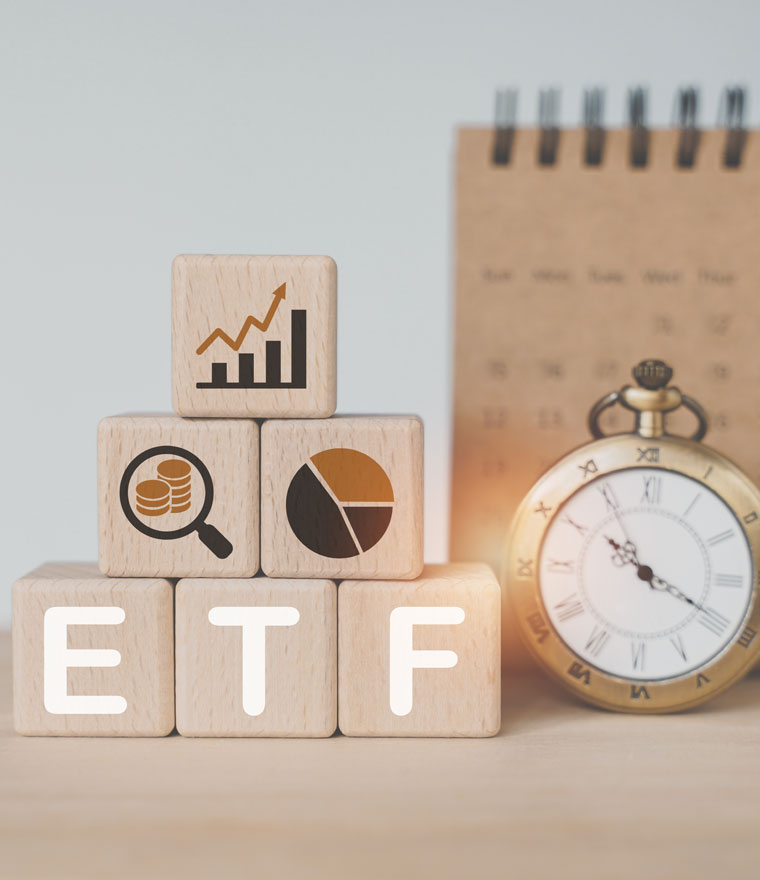Equities and ETFs offer distinct avenues for investors to participate in the stock market. While equities represent direct ownership in a specific company, ETFs provide a diversified approach by pooling investments into a basket of securities. This diversification can mitigate risk as it spreads investments across various companies or industries.
Investors must conduct thorough research and analysis to identify promising stocks. Active management is crucial, as investors need to monitor their portfolio and make timely buy and sell decisions.
Exchange-traded funds (ETFs) are investment funds traded on stock exchanges. They pool money from investors to buy a basket of securities, such as stocks, bonds, or commodities. ETFs offer diversification, liquidity, and often lower costs than traditional mutual funds.
- Equity investments offer a wide range of options. You can invest in large, medium, or small companies, specific sectors, or even new companies through IPOs. However, this flexibility requires careful research and analysis to identify promising investments that align with your goals and risk tolerance.
- Exchange-Traded Funds (ETFs): Like Equity, ETFs also offer multiple options to investors.
Equity ETFs
These track specific market segments like large-cap, mid-cap, or small-cap stocks or specific sectors.
Index ETFs
These follow popular indices like the Nifty 500 or Nifty 50.
Commodity ETFs
These invest in commodities such as gold, silver, or oil.
Debt ETFs
These follow popular indices like the Nifty 500 or Nifty 50.
Global ETFs
These provide exposure to international markets and indices.



